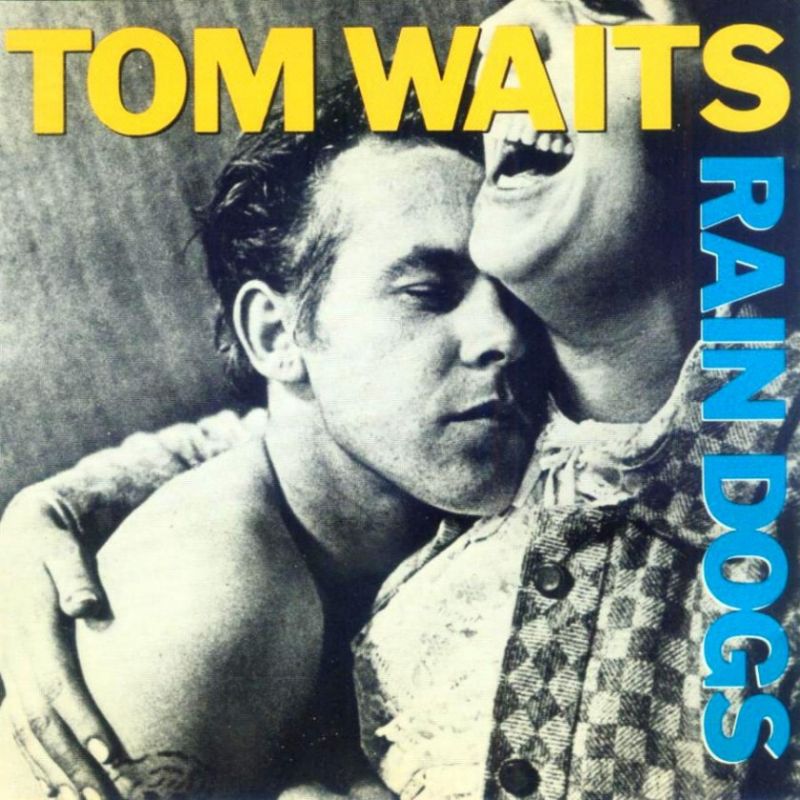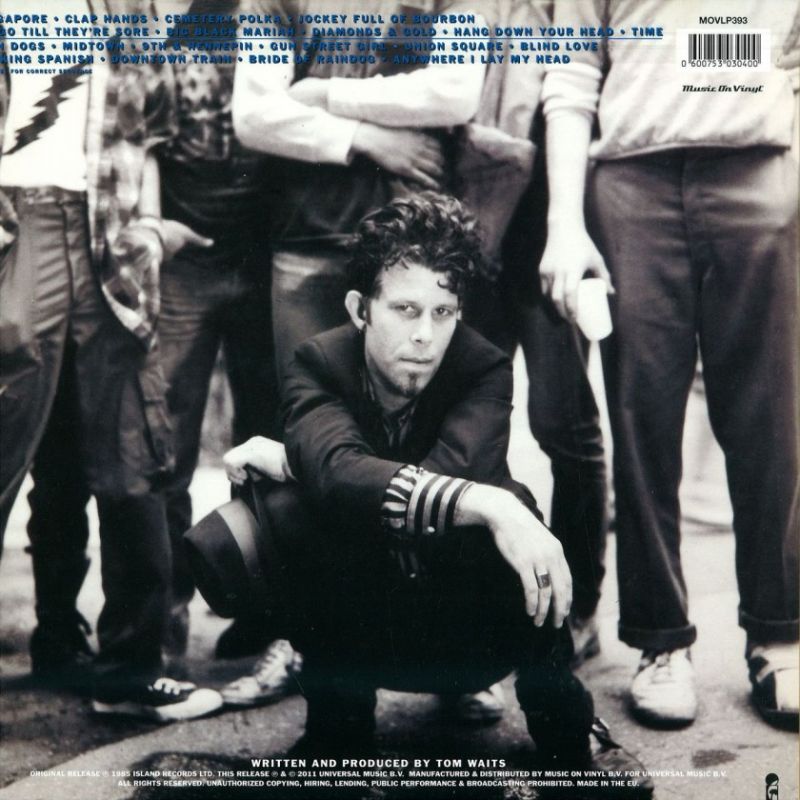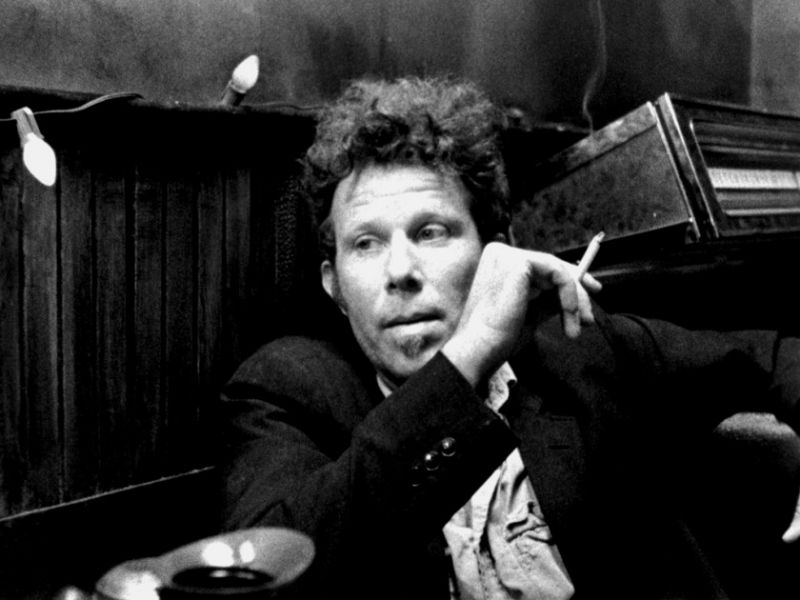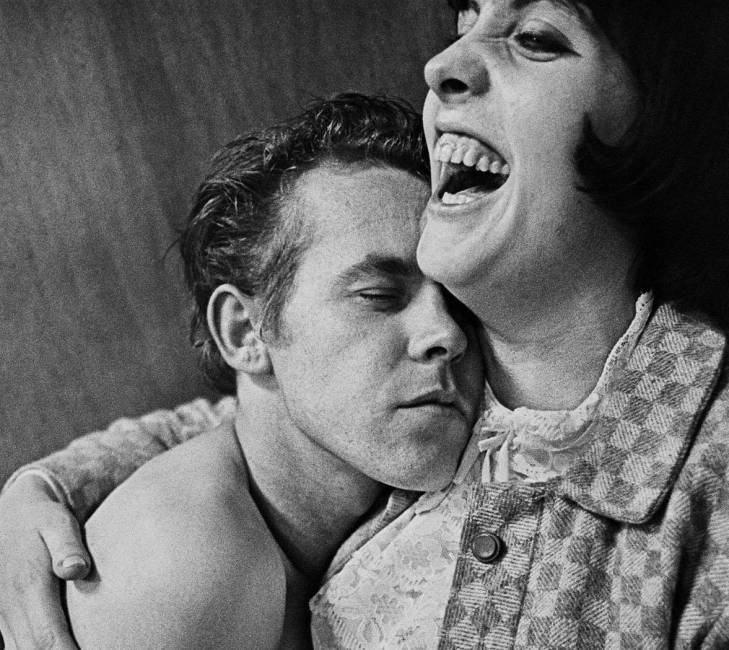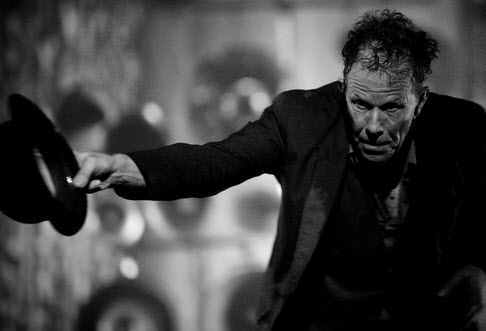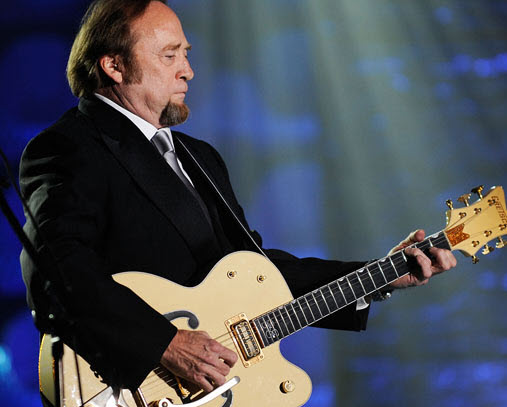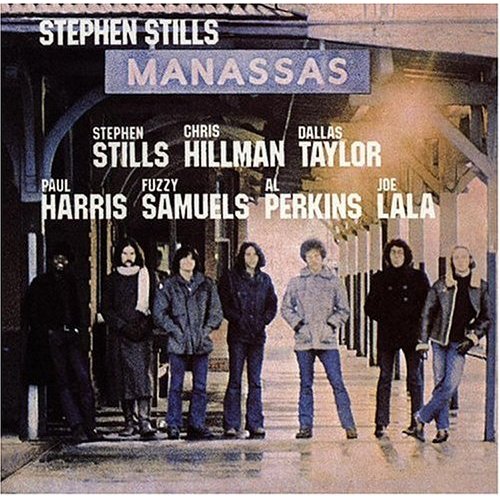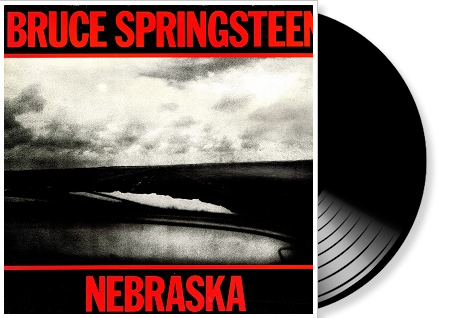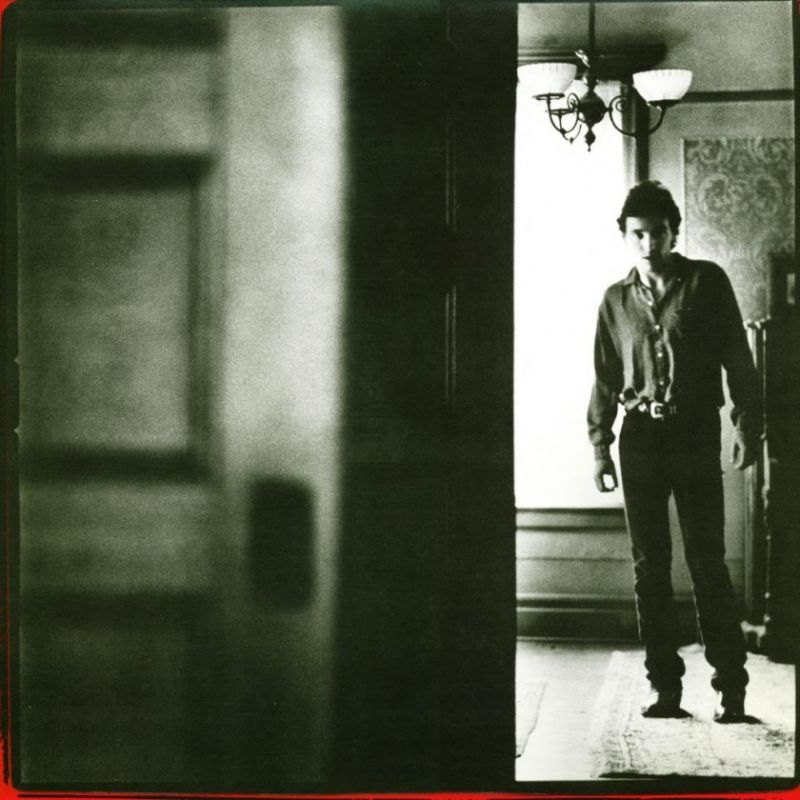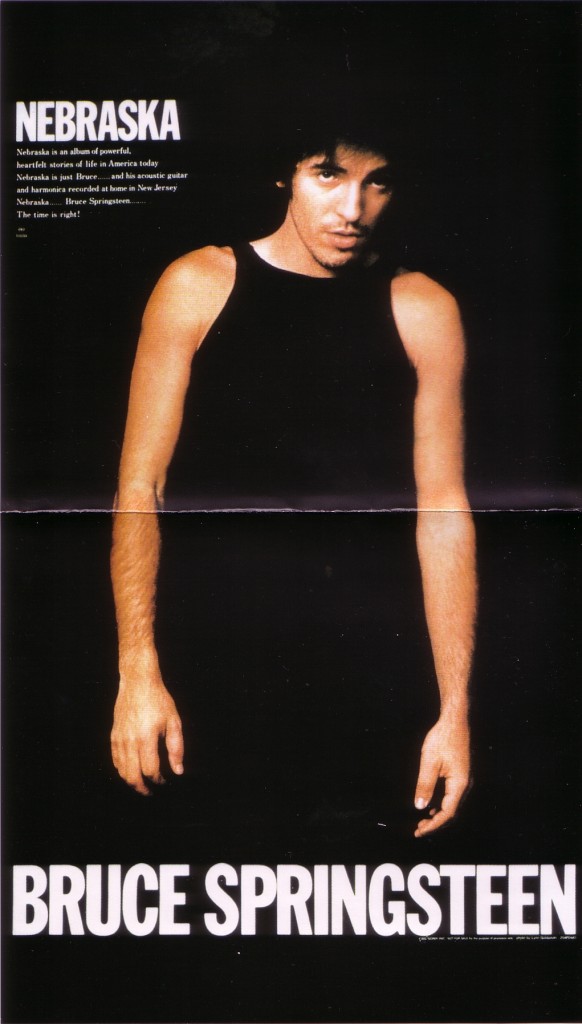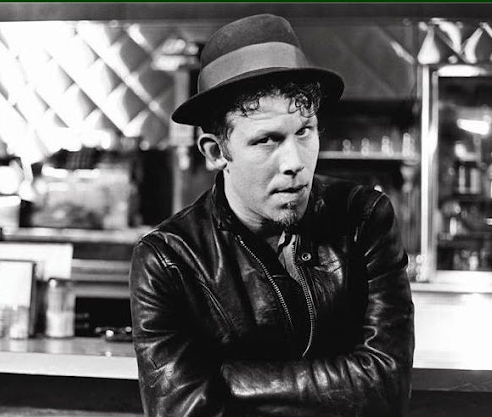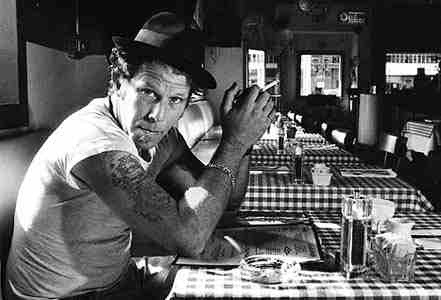“We are all just monkeys with money and guns.”
~Tom WaitsIf you get far enough away you’ll be on your way back home.
~Tom Waiys – “Blind Love”
Tango till they’re sore @ Letterman 1986 + interview:
From Wikipedia:
| Released | 30 September 1985 |
|---|---|
| Recorded | RCA Studios |
| Genre | Rock, experimental rock |
| Length | 53:46 |
| Label | Island |
| Producer | Tom Waits |
Rain Dogs is the 9th album by American singer-songwriter Tom Waits, released in September 1985 on Island Records. A loose concept album about “the urban dispossessed” of New York City, Rain Dogs is generally considered the middle album of a trilogy that includes Swordfishtrombones and Franks Wild Years.
The album, which includes appearances by guitarists Keith Richards and Marc Ribot, is noted for its broad spectrum of musical styles and genres, described by Rolling Stone as merging “Kurt Weill, pre-rock integrity from old dirty blues, [and] the elegiac melancholy of New Orleans funeral brass, into a singularly idiosyncratic American style.”
The album peaked at #29 on the UK charts and #188 on the US Billboard Top 200. In 1989, it was ranked #21 on the Rolling Stone list of the “100 greatest albums of the 1980s.” In 2003, the album was ranked number 397 on the magazine’s list of “The 500 Greatest Albums of All Time”.
Pitchfork Media listed Rain Dogs as 8th best album of the 1980s. Slant Magazine listed the album at #14 on its list of “Best Albums of the 1980’s”.
Reception:
| With its jarring rhythms and unusual instrumentation — marimba, accordion, various percussion — as well as its frequently surreal lyrics, Rain Dogs is very much a follow-up to Swordfishtrombones, which is to say that it sounds for the most part like The Threepenny Opera being sung by Howlin’ Wolf. The chief musical difference is the introduction of guitarist Marc Ribot, who adds his noisy leads to the general cacophony. But Rain Dogs is sprawling where its predecessor had been focused: Tom Waits’ lyrics here sometimes are imaginative to the point of obscurity, seemingly chosen to fit the rhythms rather than for sense. In the course of 19 tracks and 54 minutes, Waits sometimes goes back to the more conventional music of his earlier records, which seems like a retreat, though such tracks as the catchy “Hang Down Your Head,” “Time,” and especially “Downtown Train” (frequently covered and finally turned into a Top Ten hit by Rod Stewart five years later) provide some relief as well as variety. ~William Ruhlmann (allmusic.com) |
—
| …..I can’t choose all three albums as my all-time favourite, so Rain Dogs – the best by a snout – clinches it. Waits had refreshed his sound on Swordfishtrombones two years earlier by moving beyond piano and guitar to dabble with a wider variety of instruments, and on Rain Dogs his repertoire continued to expand, with pump organs, accordions and bowed saws. He also gained the talents of guitarist Marc Ribot, whose humid Cuban licks on Jockey Full of Bourbon perfectly complement Waits’s suave dishevelment.The range of musical styles sprawled, too, and Rain Dogs contains cabaret numbers, country songs, gospel, polkas, ballads and sea shanties. Waits is a sucker for the theatrical, and the ragbag cast here is at the carnivalesque end of things, plus sad-eyed dames and a girl with tattooed tear – “one for every year he’s away, she said” – at the late-night, romantically downbeat, Edward Hopper-ish end. (Most of the album was written in a lower Manhattan basement.)
~Killian Fox: @ The Guardian |
The album has been noted as one of the most important musically and critically in Waits’ career, in particular to the new direction which he undertook from 1983’s Swordfishtrombones onwards.
The album is notable for its many different musical styles; among the album’s 19 tracks are two instrumentals (“Midtown” and “Bride of Rain Dog”), a polka (“Cemetery Polka”), a “kind of a New Orleans thing with trombone” (“Tango Till They’re Sore”), ballads (“Time”), pop music (“Downtown Train”), and “a gospel thing” (“Anywhere I Lay My Head”). “Blind Love” marks Waits’ first fully-fledged attempt at the country genre. As Waits said on the Rain Dogs Island Promo Tape (which consisted of taped comments on songs as sent to radio stations, circa late 1985):
“Blind Love” is one of my first country songs. I like Merle Haggard. Most of those other guys, though, sound like they’re all just drinking tea and watching their waist and talking to their accountant. This one I think subscribes to some of that roadhouse feel.
The song “Hang Down Your Head” is loosely based on the folk song “Tom Dooley”, with the lyrics altered but the melody remaining mostly intact.
Rolling Stone called Rain Dogs Waits’ “finest portrait of the tragic kingdom of the streets.” The album’s title comes from an expression which suggests such an atmosphere. Waits cast further light on the metaphor by stating that the album was about “People who live outdoors. You know how after the rain you see all these dogs that seem lost, wandering around. The rain washes away all their scent, all their direction. So all the people on the album are knit together, by some corporeal way of sharing pain and discomfort.”
According to Barney Hoskyns, the album’s general theme of “the urban dispossessed” was inspired in part by Martin Bell’s 1984 documentary Streetwise, to which Waits had been asked to contribute music.
Track Listing:
- “Singapore” 2:46
- “Clap Hands” 3:47
- “Cemetery Polka” 1:51
- “Jockey Full of Bourbon” 2:45
- “Tango Till They’re Sore” 2:49
- “Big Black Mariah” 2:44
- “Diamonds & Gold” 2:31
- “Hang Down Your Head” Kathleen Brennan, Waits 2:32
- “Time” 3:55
- “Rain Dogs” 2:56
- “Midtown” (instrumental) 1:00
- “9th & Hennepin” 1:58
- “Gun Street Girl” 4:37
- “Union Square” 2:24
- “Blind Love” 4:18
- “Walking Spanish” 3:05
- “Downtown Train” 3:53
- “Bride of Rain Dog” (instrumental) 1:07
- “Anywhere I Lay My Head”
Personnel:
- Performer
- Tom Waits – vocals (1–10, 12–17, 19), guitar (2, 4, 6, 8–10, 15–17), organ (3, 19), piano (5, 12), pump organ (8), harmonium (18), banjo (13)
- Musicians
- Tom Waits – vocals (1–10, 12–17, 19), guitar (2, 4, 6, 8–10, 15–17), organ (3, 19), piano (5, 12), pump organ (8), harmonium (18), banjo (13)
- Michael Blair – percussion (1–4, 7, 8, 12, 13, 17), marimba (2, 7, 10, 12), drums (8, 14, 18), congas (4), bowed saw (12), parade drum (19)
- Stephen Hodges – drums (1, 2, 4, 6, 10, 11, 15, 16), parade drum (3)
- Larry Taylor – double bass (1, 3, 4, 6, 8–10, 15), bass (7, 11, 14, 16)
- Marc Ribot – guitar (1–4, 7, 8, 10)
- “Hollywood” Paul Litteral – trumpet (1, 11, 19)
- Bobby Previte – percussion (2), marimba (2)
- William Schimmel – accordion (3, 9, 10)
- Bob Funk – trombone (3, 5, 10, 11, 19)
- Ralph Carney – baritone saxophone (4, 14), saxophone (11, 18), clarinet (12)
- Greg Cohen – double bass (5, 12, 13)
- Chris Spedding – guitar (1)
- Tony Garnier – double bass (2)
- Keith Richards – guitar (6, 14, 15), backing vocals (15)
- Robert Musso – banjo (7)
- Arno Hecht – tenor saxophone (11, 19)
- Crispin Cioe – saxophone (11, 19)
- Robert Quine – guitar (15, 17)
- Ross Levinson – violin (15)
- John Lurie – alto saxophone (16)
- G.E. Smith – guitar (17)
- Mickey Curry – drums (17)
- Tony Levin – bass (17)
- Robert Kilgore – organ (17)
- Technical personnel:
- Tom Waits – producer
- Robert Musso – engineer, mixing (A1–B7, B9, B10)
- Tom Gonzales – recording
- Dennis Ferrante – recording
- Jeff Lippay – recording, mixing (B8)
- Howie Weinberg – mastering
“Jockey Full of Bourbon” and “Don’t Go into that Barn – London Nov. 2004:
Rain Dogs:
Other September 30:
Continue reading Today: Tom Waits: Rain Dogs was released in 1985, 28 years ago

